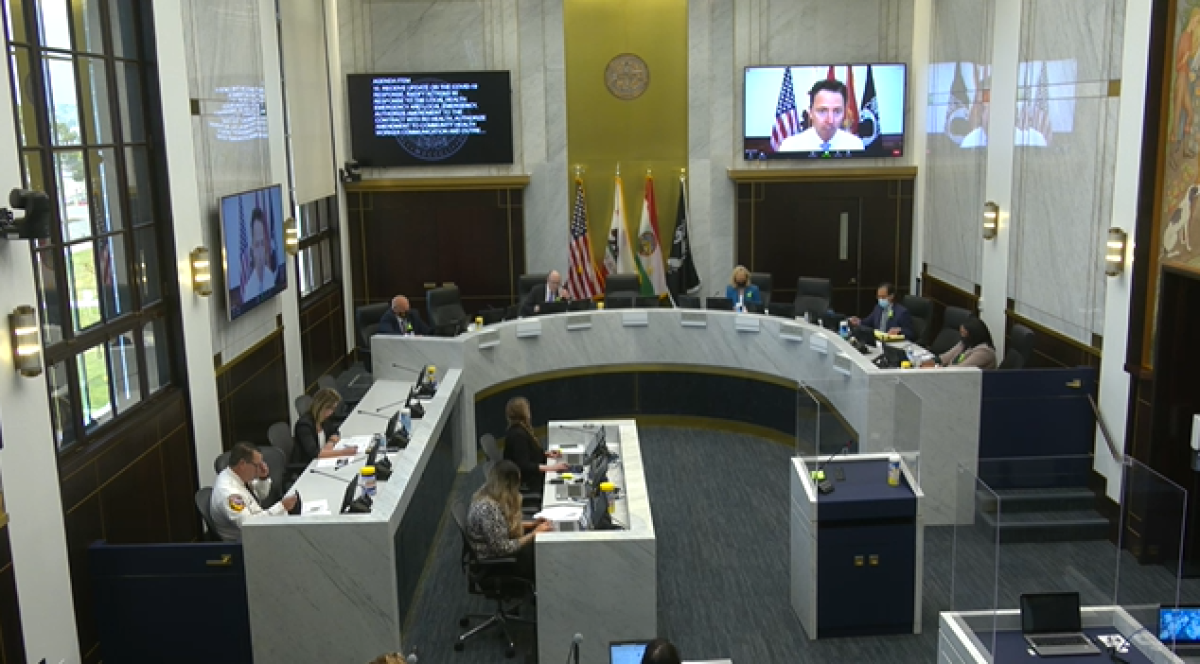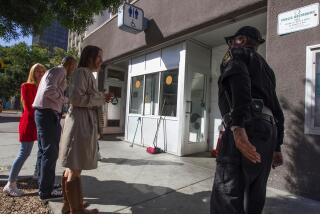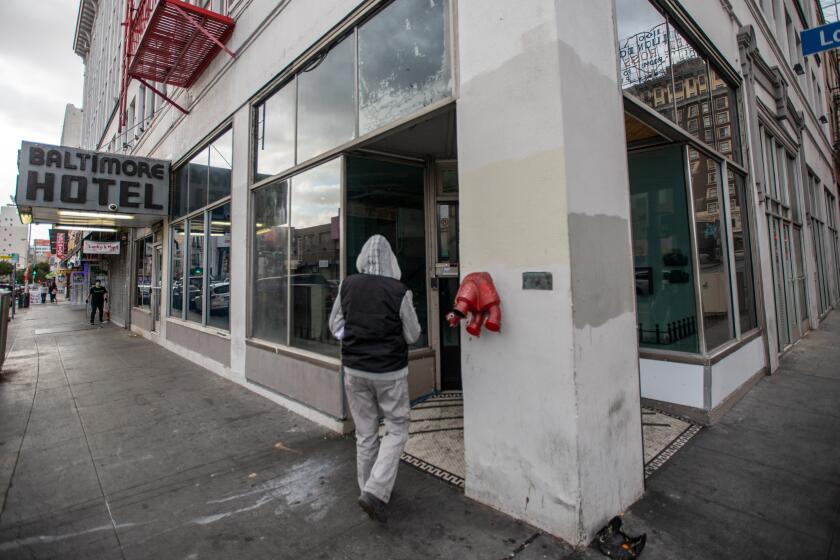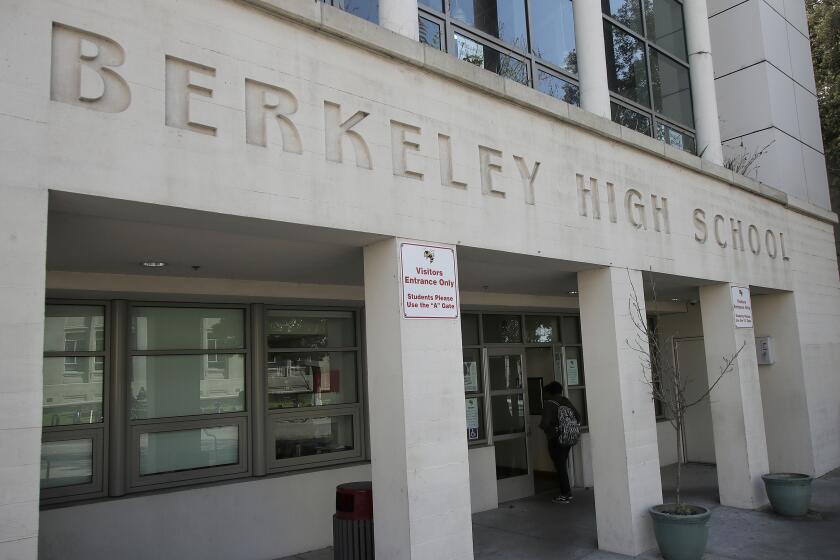Public access expanded during the pandemic. Why do some cities want to take it away?

Cities across the state found creative ways to maintain and even broaden public access and government participation during the COVID-19 pandemic.
Now, even as some are taking that away — citing costs and staffing limits — state lawmakers are moving to keep the online access open.
A collection of bills being considered by the Legislature would preserve teleconferencing, meetings over Zoom, Facebook Live, YouTube and other virtual methods used during the yearlong shutdown that allowed an often disenfranchised population to participate in government meetings.
Single parents, disabled residents, homebound seniors and others were able, perhaps for the first time, to hear and see in real time the decisions being made by their elected officials.
The move to governing online stems from an executive order Gov. Gavin Newsom issued March 12, 2020, that allowed local legislative bodies to hold public meetings by teleconferencing because of the COVID-19 pandemic, but it required the meetings to be “accessible telephonically or otherwise electronically to all members of the public.” The order allowed agencies to waive a requirement of the Ralph M. Brown Act that meetings be held in person.
The transition from in-person to virtual was shaky at first and had its drawbacks. The use of an app such as Zoom on a computer or smartphone requires an understanding of technology that not everyone has. Often, callers fumbled with the mute button or lost their place in line. Others struggled with background noise or the occasional interruption by a child or pet.
Newsom’s executive order was due to expire June 15, but the governor extended it through Sept. 30, saying state and local agencies can continue to conduct virtual public meetings as needed and allow the public to observe — and address — meetings by phone or internet.
But some communities have discontinued the more robust online options. And that is worrisome to those who advocate for broad public access.
“Active participation in government is the backbone of a strong democracy,” said David Loy, legal director of the American Civil Liberties Union of San Diego and Imperial counties. “Public policy and state law should do everything possible to encourage, support and facilitate active and engaged civic participation through attendance at public meetings.”
Loy said jurisdictions must do all they can to increase access to meetings and remove barriers that hinder participation. He said their top priority should be transparency and accountability “to the highest degree possible.”
A trio of state bills — Assembly Bills 703, 361 and 339 — are working their way through the Legislature and, if passed, would require or make it an option for cities and counties to continue offering virtual access for the public.
AB 703 would improve and expand public access to meetings by allowing broader access through teleconferencing.
AB 361 states that while maintaining transparency and public access, local agencies would be able to meet remotely during a declared state of emergency or a declared local emergency.
AB 339 requires city councils and county supervisors to make it possible for members of the public to attend meetings via a two-way telephonic option or a two-way internet-based service option; to continue to provide video streaming; and to permit in-person comment.
The League of California Cities was among several groups that oppose AB 339, contending it “will purposefully add significant unfunded mandates on city councils and boards of supervisors.”
Loy said AB 339 is a good start, though it is limited to city councils and county boards that oversee populations of 250,000 and more.
The city of San Diego’s pre-pandemic meetings were shown online and on cable TV, but no online participation was allowed. Now, people can testify during a public hearing over Zoom. It has not been decided whether that will continue when in-person meetings resume.
Lemon Grove has gone back to in-person council meetings, and has discontinued the option to join meetings via Zoom or by phone. City Manager Lydia Romero said the San Diego County city cannot do both a Zoom meeting and hold an in-person council meeting because of logistics and staffing.
The Carlsbad City Council returned to in-person meetings this month, but discontinued the use of Zoom.
“The reason we are not allowing phone-in comments at in-person meetings is because we don’t have the equipment as part of our current AV system in the City Council chamber,” said Kristina Ray, the city’s communication and engagement director. “It would also take more staff to manage two types of commenting processes.”
But when the Oceanside City Council returned to in-person public meetings in June, its members opted to continue streaming the meetings on Zoom and allow comments via Zoom, options added during the pandemic.
Chula Vista began welcoming the public back for in-person council meetings in late April and offered an option that council members, staff and the public could participate either from council chambers or virtually. The latter ended with the July 13 meeting, however.
The decision comes down to astronomical costs in upgrades, Mayor Mary Salas said.
“We would have to buy a whole new video and sound system and that figure is in the millions,” she said. “It’s like, do you need to have a better animal shelter or a state-of-the-art camera system? Those are tough choices to make on where you put those funds that will do the most benefit.”
The ACLU’s Loy said the provisions of Newsom’s executive order should be considered for permanent legislation.
“Even if not for COVID-19 [protocols], we should preserve these opportunities for participation for access,” he said.
Pearlman, Diehl and Murga write for the San Diego Union-Tribune.
More to Read
Start your day right
Sign up for Essential California for news, features and recommendations from the L.A. Times and beyond in your inbox six days a week.
You may occasionally receive promotional content from the Los Angeles Times.









